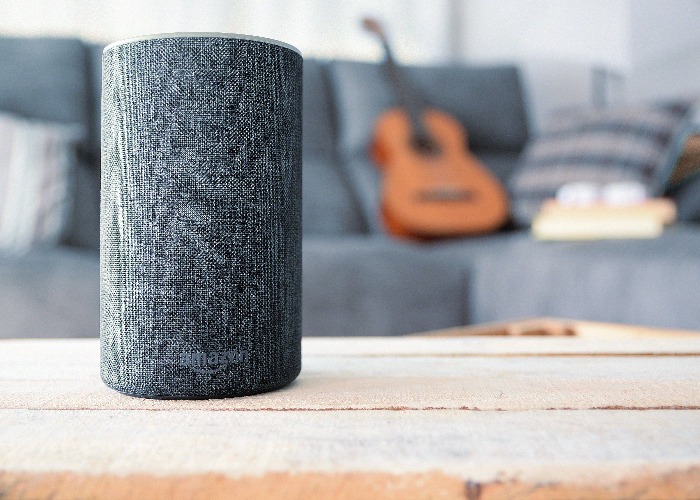Smart devices: are gadgets in your home exposing you to criminals?

Smart devices could be at risk from hackers, who could use the information they gain to rob you.
Many of us will have all sorts of smart devices in our homes now, ranging from doorbells and TVs to thermostats and even kettles.
However, warnings have been raised once more around the ability of criminals to hack into smart devices, and potentially gain information about you which they can profit from.
Marijus Briedis, CTO at NordVPN, has cautioned that hackers are taking advantage of ‘vulnerable’ smart devices, putting our finances at risk.
The hackers use a search engine called Shodan, which is also used by cybersecurity experts.
Essentially it allows the user to find devices which might be vulnerable to attack.
This could be because they still have the default password in place, rather than the owner setting their own password, for example.
The worry is that hackers can use these vulnerable devices to get a way into our homes, and potentially wreak havoc.
If they can gain access to a smart speaker, then it could allow them to obtain all sorts of personal or bank account details, should you have the speaker set up to allow you to make full purchases.
They could then exploit this to make their own purchases, or even to commit identity fraud by opening new financial accounts in your name.
As Briedis put it, gaining access to a network-enabled smart device can give criminals a “foothold” in our homes, which could mean they cause chaos such as through implanting malware or even taking over further devices.
There are other dangers which we should be concerned about, arising from having a smart device hacked.
By gaining access to information about our whereabouts, for example by gaining access to a smart doorbell, we could be susceptible to burglary.
In other words, hackers that can take advantage of our smart devices could cause serious damage to our finances.
How hackable is your home?
The ease with which some of the devices found throughout our homes can be hacked was exposed by a study from Which? last year.
It purchased a host of devices from big name brands, like Google, Samsung and Amazon, set them up in a simulated home and invited ethical hackers to try to break into them.
The results were stark, with the hackers easily gaining entry to each and every one of them.
A crucial element to consider with these gadgets is that each of them was no longer supported by the manufacturer.
When you buy a new gadget, it will enjoy support from the manufacturer for a certain period, meaning that it will continue to qualify for upgrades to its software which can help keep hackers at bay.
Because that support was no longer in place, it was easier for the hackers to find a way in.
Protecting yourself by keeping your devices smart
There are a few steps to consider here if you want to reduce the chances of having any smart devices in your home open to attack from hackers.
The first, and perhaps most extreme, is to simply not have any smart devices at all.
However, given the progress of technology, that may not be an option for long ‒ we are rapidly moving towards the point where the default option for everything from a thermostat to a kettle is going to be ‘smart’, making it difficult if not impossible to keep them entirely at bay.
With that in mind, it’s crucial to make sure those devices are as resilient to attack as possible. That means setting your own passwords ‒ relying on the default passwords that the device comes with may mean they are easier to hack into by criminals.
Setting something more personal to you is likely going to be harder for the crooks to work out, and therefore keep them at bay.
It’s not just passwords that you need to get creative with, however.
VPNoverview argues that it’s important to set a ‘bizarre’ wake word for your smart speakers ‒ this means they will have less opportunity to accidentally turn on and record your conversations, as well as minimise the chances of them misinterpreting your commands.
Get supported
Another thing to bear in mind is that progress can be pretty rapid when it comes to smart technology.
What was once the cutting-edge option may not be out of date, and with it not enjoy the sort of software defences against wily hackers who have developed new techniques.
As a result, it’s a good idea to ensure that your devices are fully up to date with their software, and if they are no longer supported, then it might be worth switching to a newer model.
On that note, it’s also useful to think carefully about the manufacturers of the smart devices you buy.
Sure, you could save a few quid by going for a knock-off model or a cheap rival, but it may be that these deliver a more costly sting in the tail as they are more susceptible to hackers.
Comments
Be the first to comment
Do you want to comment on this article? You need to be signed in for this feature